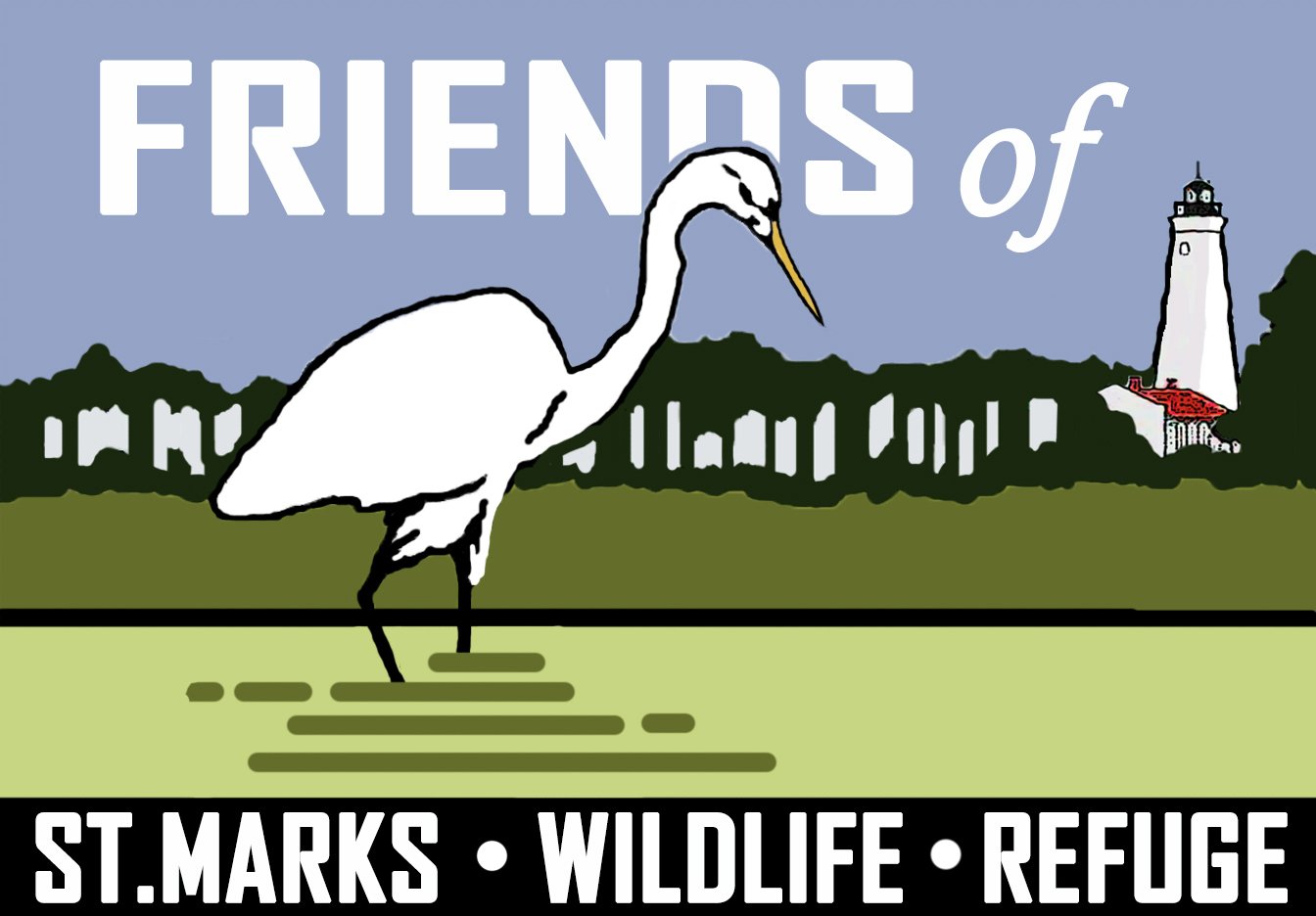Heather Poyner (2022)
Carney Intern
Hi! My name is Heather Poyner, and I am very excited to be one of the Spring 2022 interns at St. Marks National Wildlife Refuge. I grew up in Oakton, Virginia, which is located just outside of Washington, D.C. and only a few hours from Shenandoah National Park. My parents are outdoorsy people and raised me to be the same, so our weekend activities and family vacations typically consisted of hiking, biking, swimming, skiing, caving‒ you name it! Our trips to the Lake District in the U.K. and to various National Parks across the U.S. exposed me to many different ecosystems and ultimately sparked my interest in conservation biology.
While at the University of Virginia, I realized that I wanted to pursue this passion as a career and so I studied Biology with a Concentration in Environmental and Biological Conservation and a double minor in Environmental Sciences and Spanish. My first exposure to fieldwork was while working as an undergraduate researcher in the Roach Lab at UVA. During the summer of 2019, I assisted a graduate student with field surveys for the Plantago Population Network and phenological data collection at Morven Farm in Charlottesville, Virginia. That summer I also took a Field Herpetology course at Mountain Lake Biological Station where I learned to handle and identify reptiles and amphibians and began to understand and appreciate herpetological conservation. Outside of my classes, I participated in and led trips with the Outdoors Club and served on the board of Green Grounds, a club dedicated to encouraging the UVA community to embrace more sustainable practices. I also volunteered for the Nature Conservancy and Wild Virginia by participating in invasive species removal workdays and watershed cleanup events in and around Charlottesville.
After graduating from UVA in May 2021, I moved to Bozeman, Montana to work as a field technician for the National Ecological Observatory Network (NEON) at a site in Yellowstone National Park. In this position, I worked with a team of ecologists to implement a number of data collection protocols, including plant diversity sampling and mosquito, ground beetle, and small mammal sampling. Our field days consisted of long, sweaty hikes to remote sampling plots, navigation using a handheld GPS and a compass, and many wildlife sightings, all of which allowed me to fully understand what fieldwork is really like.
Despite all the excitement around doing fieldwork in Yellowstone National Park, a small part of my heart was still with the reptiles and amphibians of the Southeast, and so I am very excited to be interning at St. Marks National Wildlife Refuge this spring. I can’t wait to broaden my experience with amphibians, try my hand at avian conservation, and get a feel for what it’s like to work in the longleaf pine flatwoods of the Florida Panhandle. I am hoping that this opportunity will help me narrow down my interests and gain more field skills so I can pursue a graduate degree and continue to do the fieldwork that I love.

